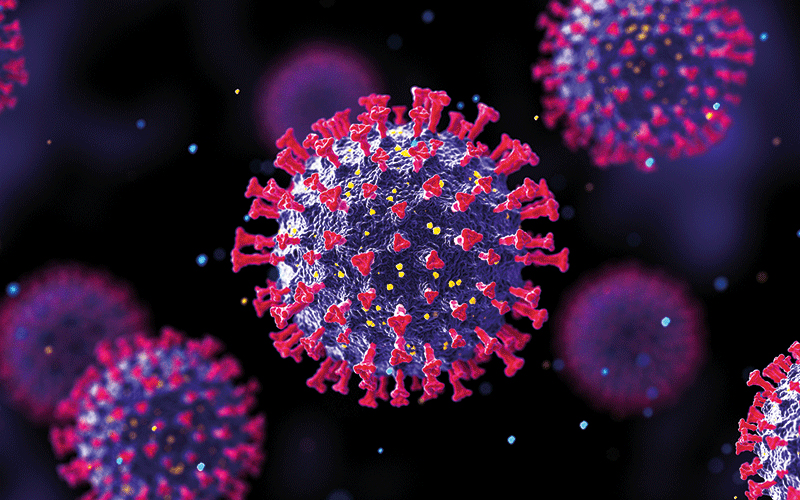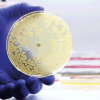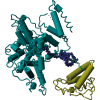Scientists have identified a specific protein inside the human body that plays a critical role in how the virus spreads from cell to cell after infection.

The team said the discovery will help better understand COVID-19 and could lead to the development of new antiviral drugs in the future.
The finding provides new insight into how the protein, known as the occludin protein, serves as a mediator for cell-to-cell transmission of the virus.
“Despite all the mitigation strategies implemented since the start of the pandemic, including the vaccines and antiviral drugs, we are still working to effectively control the spread of this disease, which continues to infect people each day, including those who have been vaccinated and exposed to the virus before,” said Wenjun Ma, an Associate Professor at the University of Missouri (MU).
“This basic, scientific research is very important to better understand the underlying mechanisms of disease progression inside the body’s cells so that the proper countermeasures can be identified and developed.”
Ma and his team examined how the coronavirus spreads throughout cells by analysing cell samples at the MU Laboratory for Infectious Disease Research.
In the study, Ma found that when the occludin protein in a single cell is damaged by the coronavirus, the virus is able to quickly replicate and spread to neighbouring cells throughout the body, making the infection worse and symptoms potentially more severe.
Image credit | iStock




